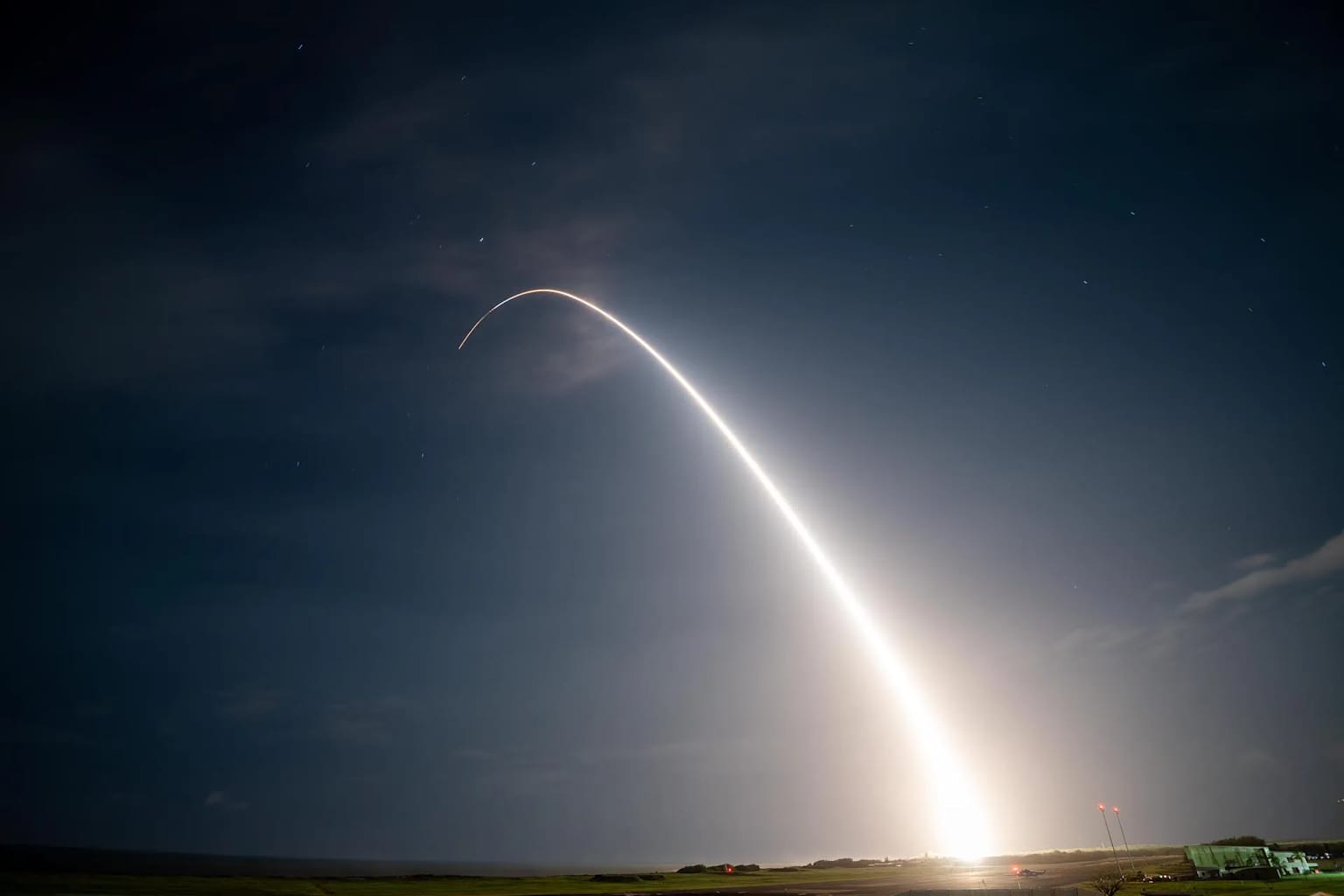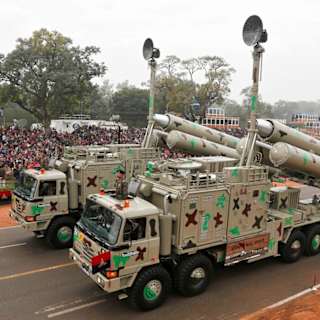- System Would Counter Advanced Threats
- Building on Trump's Defense Vision
- Historical Context and Costs
Republican senators introduced legislation Tuesday authorizing $23 billion to construct a nationwide missile defense system modeled after Israel's Iron Dome, advancing President Donald Trump's vision for protecting the American homeland against advanced threats from Iran, Russia and China.
The Ground and Orbital Launched Defeat of Emergent Nuclear Destruction and Other Missile Engagements Act, dubbed the "Golden Dome Act," represents the most ambitious U.S. missile defense proposal in decades. Sens. Dan Sullivan of Alaska and Kevin Cramer of North Dakota unveiled the measure alongside Rep. Mark Messmer of Indiana, who will shepherd companion legislation through the House.

The proposed defense network would integrate space-based interceptors, upgraded radar systems, and mobile launch platforms across the country to counter ballistic missiles, hypersonic weapons, and advanced cruise missiles1. The system builds on Trump's January executive order calling for comprehensive homeland protection against "peer, near-peer, and rogue adversaries"1.
"The escalating missile threats we've witnessed from the Iranian terrorist regime and the rapidly evolving hypersonic, cruise missile and drone threats from Russia, China, and other adversaries demonstrate why we need to develop a robust, modernized missile defense system," Sullivan told Fox News Digital1.
The legislation would upgrade existing Patriot missile systems, expand interceptor fields at Alaska's Fort Greely, and develop early warning radar installations in the South1. It also authorizes construction of mobile launch systems nationwide and enhancement of Hawaii's Aegis Ashore facility1.
The measure advances Trump's broader missile defense strategy, which includes a $25 billion down payment already included in current reconciliation legislation1. Trump announced in May that the full Golden Dome system would cost $175 billion and be operational by 2029, though the Congressional Budget Office projects costs could exceed $800 billion over 20 years2.
"We have to act in order to defend against the evolving and complex threat landscape," Cramer said, noting that adversaries' weapons technology has advanced3. The senator emphasized that "the greatest deterrence in the world oftentimes are defensive systems"2.
Current U.S. missile defenses rely primarily on 44 ground-based interceptors designed against limited threats from rogue nations, not the strategic arsenals of major powers1. The Golden Dome represents a shift toward protecting against peer adversaries with advanced missile capabilities.
Defense contractors including Lockheed Martin and Boeing are positioning for major roles in the program2. The legislation has attracted support from eight additional Republican senators3.
"North Dakota's two legs of the nuclear triad... has kept the world safe from nuclear war," Cramer said. "The deterrence itself is relevant"4.



